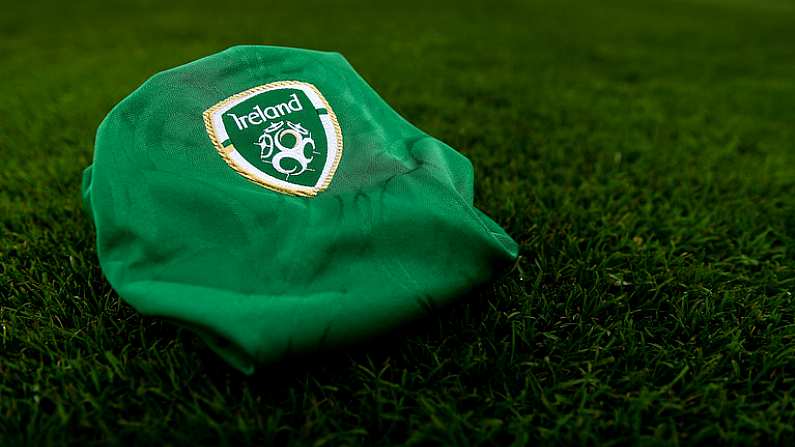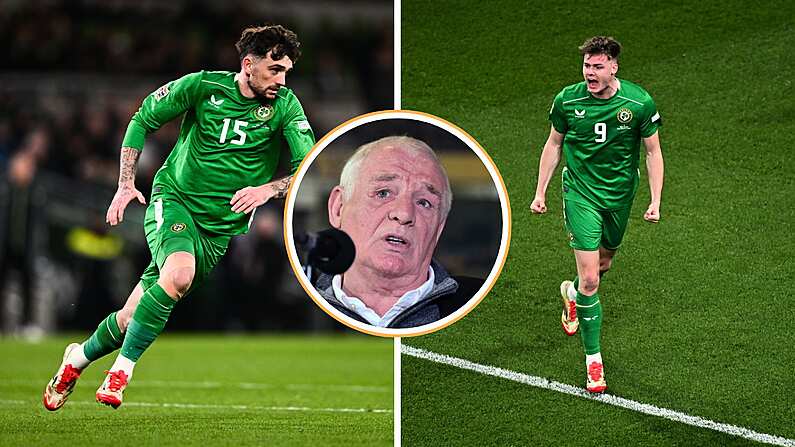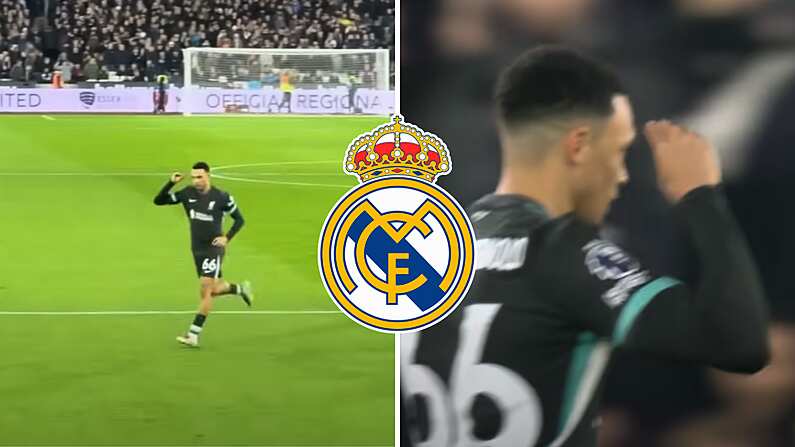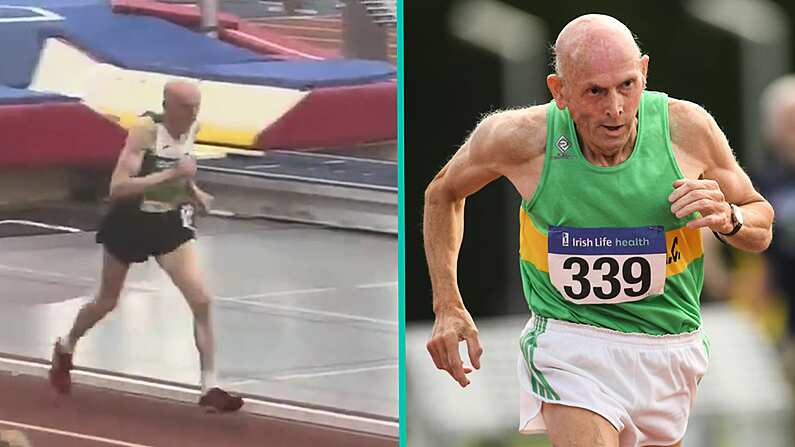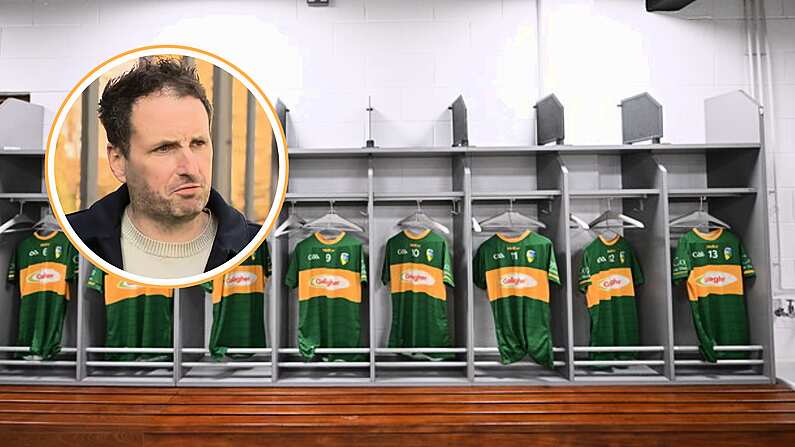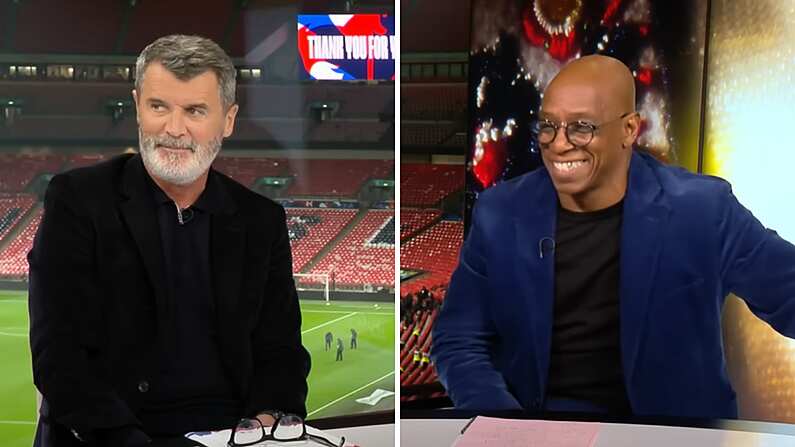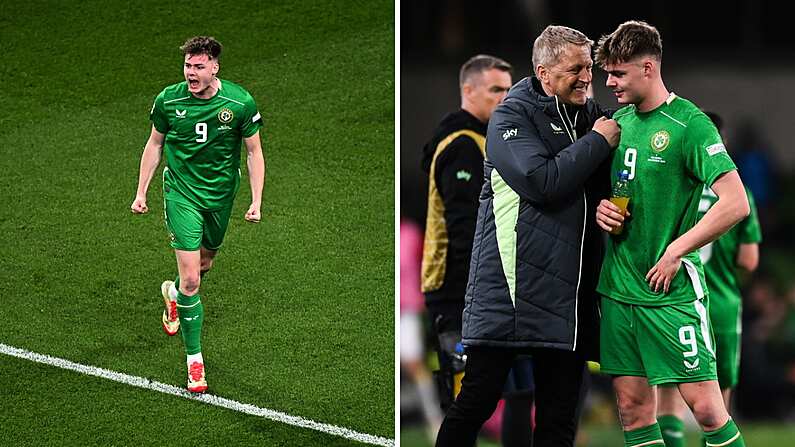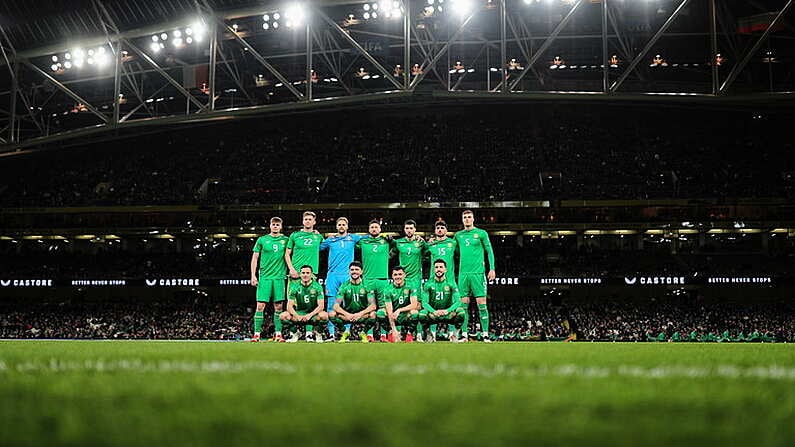The past number of years has seen a rise in the development and success of young Irish footballers. In the past, many young Irish players sought to further their career by moving across the Irish Sea to the UK in their early teens. A gamble at a very young age that had limited chances of success and placed young footballers in a professional world somewhat underprepared. The demands of professional football abroad can be a fierce reality check for young men away from home for the first time chasing a dream making a living playing football. But in the modern game the FAI have developed comprehensive pathways that was launched in 2016 and allow young Irish players to sample the professional environment before taking the step to leave Ireland for shores elsewhere.
Denis Hyland and Paul Breen are co-ordinators for the FAI Football and Fitness Transition Year Course which has been running since 2016 and has gone from strength to strength in Corduff Sports Centre. Denis Hyland told us “The objective of the programme is to develop a pathway for talented footballers and marry in education with real time football for fifteen and sixteen year olds it’s the only course of its kind in the country.”
While the course aims to develop the talents of highly skilled young players, it also offers a lot more than a road to the Premier League. Given that players such as Andrew Omobamidele at Norwich, Ross Tierney at Motherwell, Kevin Zefi at Inter Milan and Danny McGrath at Sampdoria have come through the course, it would be easy to believe that the end goal is big time football. But there’s a lot more to it than that.
Paul Breen told us: “We are trying to develop them as footballers and also trying to develop them as people. They all leave this course as qualified gym instructors with a world recognised qualification.”
Hyland also chatted about the outline of the programme “We guide them to a culture of no excuses and encourage that whatever you want is all about the correct attitude. We are trying to get the correct mentality out of them while on the programme. There is more to it than just playing football.”
This approach to personal and player development promotes other avenues of opportunity within football that may not be as obvious to the students as the dream of playing in the top flight.
The structure of the programme is quite intense with a jampacked week of activities involving football and education.
Breen said “They do transition year maths and English while on the programme” while Hyland added “we focus on many different attributes such as tactical, technical, passing, dribbling, pressing from the front, futsol and they are given time each day to work on an individual learning plan.”
The individual learning plan is a daily plan to work on your weakest aspect while attending the programme. Breen also said “we have a Strength & Conditioning coach and he does a session with the footballers for one hour of (S &C) every day.”
The structure of the programme gives teenagers a good idea whether football is for them or not.
The selection process is demanding with having multiple trial sessions to gain entry to the programme for the following year. Hyland revealed “we had over 80 kids in for trial this year and we’ll be narrowing it down to 25.” School performance is a large part of entry requirements for the programme as Hyland also said “they have to send in their school report forms before speaking with schools.”
Players will have more chance of progressing onto the programme if they are either playing in the Dublin District Schoolboy League (DDSL) or for a League of Ireland (LOI) team. The parents are significant when it comes to applying as Hyland said “we have a parents night every year where we go through the guidelines to let them know before their kids apply because we need them to understand what it is we expect and how we intend to develop these players as people outside of football too.”
With the pressures of modern life young players have a lot to contend with aside from honing their talent.
The ubiquitous presence of social media has positives and negatives when it comes to the mental health of a young footballer.
Hyland revealed “I’m not a fan of it at all, it puts them under severe pressure and I think that it’s false.” Social media takes over people’s lives. Hyland gave an interesting fact “50% of kids spends over five hours a day on their phone.”
A positive for footballers being on social media is when it comes to growing their brand as Breen said “Cristiano Ronaldo makes more money from Instagram than football.”
The down side of social media is horrible when it comes to negative comments and this can affect the mental health of a footballer. Young players announce about going to England and it’s hard to accept when you don’t make it as Hyland also revealed “98.8% of players don’t make it to a second contract as a footballer in England.”
With this fine a margin for success, the possibility of potentially failing coupled with the pressure and will to succeed are a lot for young players to handle.
With the programme being very successful both Hyland and Breen have goals to bring it to another level. Hyland said “we are inundated with applications and we could probably have another five of these in Dublin if possible.”
Funding is the biggest problem but if possible Hyland revealed “we could have 500 if possible and we certainly have no problem with applications.” Potentially there are plans to have another programme in Ireland as Hyland told us “there is talk in Limerick of doing something.”
Hyland and Breen are all for the programme growing throughout Ireland but they said “it’s important to expand it but all programmes have to be same standard.” It was a pleasure to meet both Paul Breen & Denis Hyland and wish them all the best in their future success with the FAI TY Programme.

